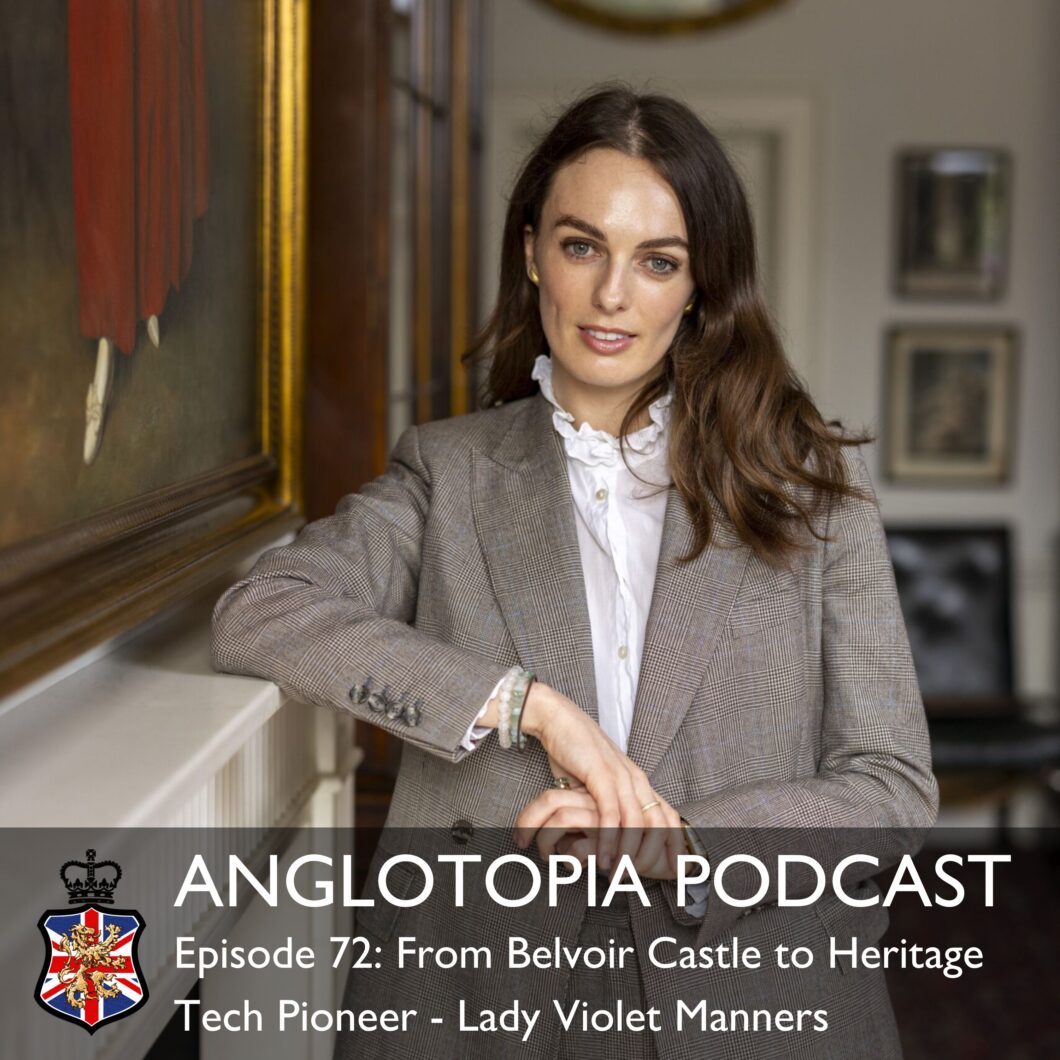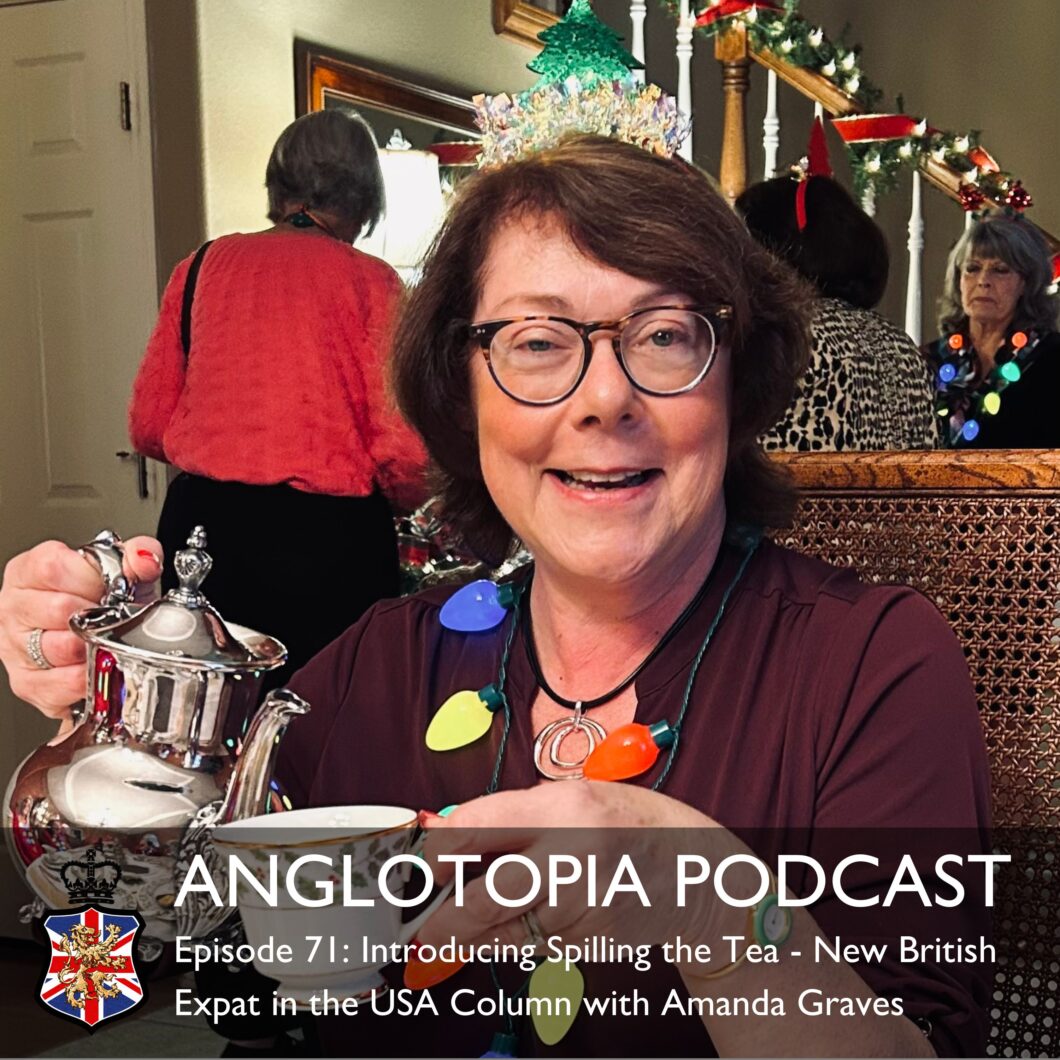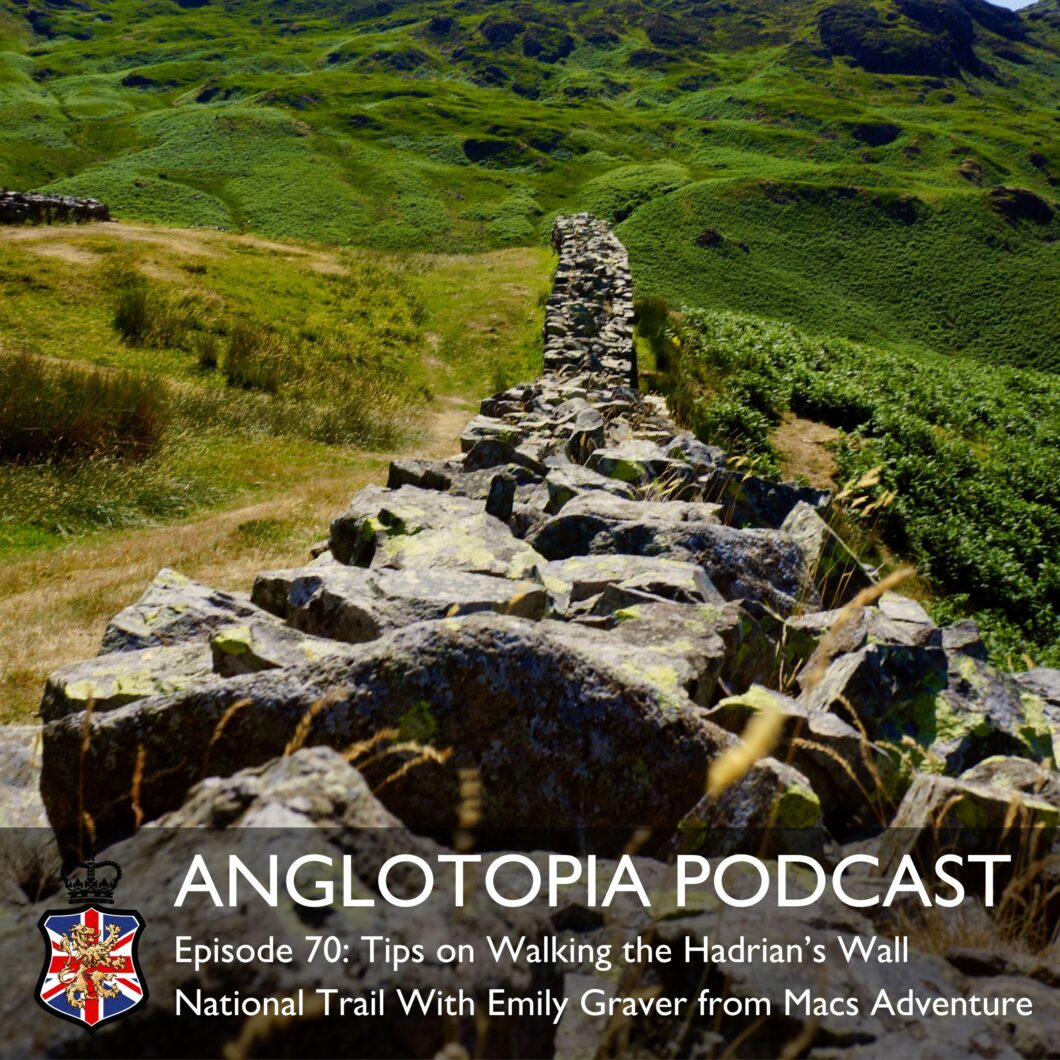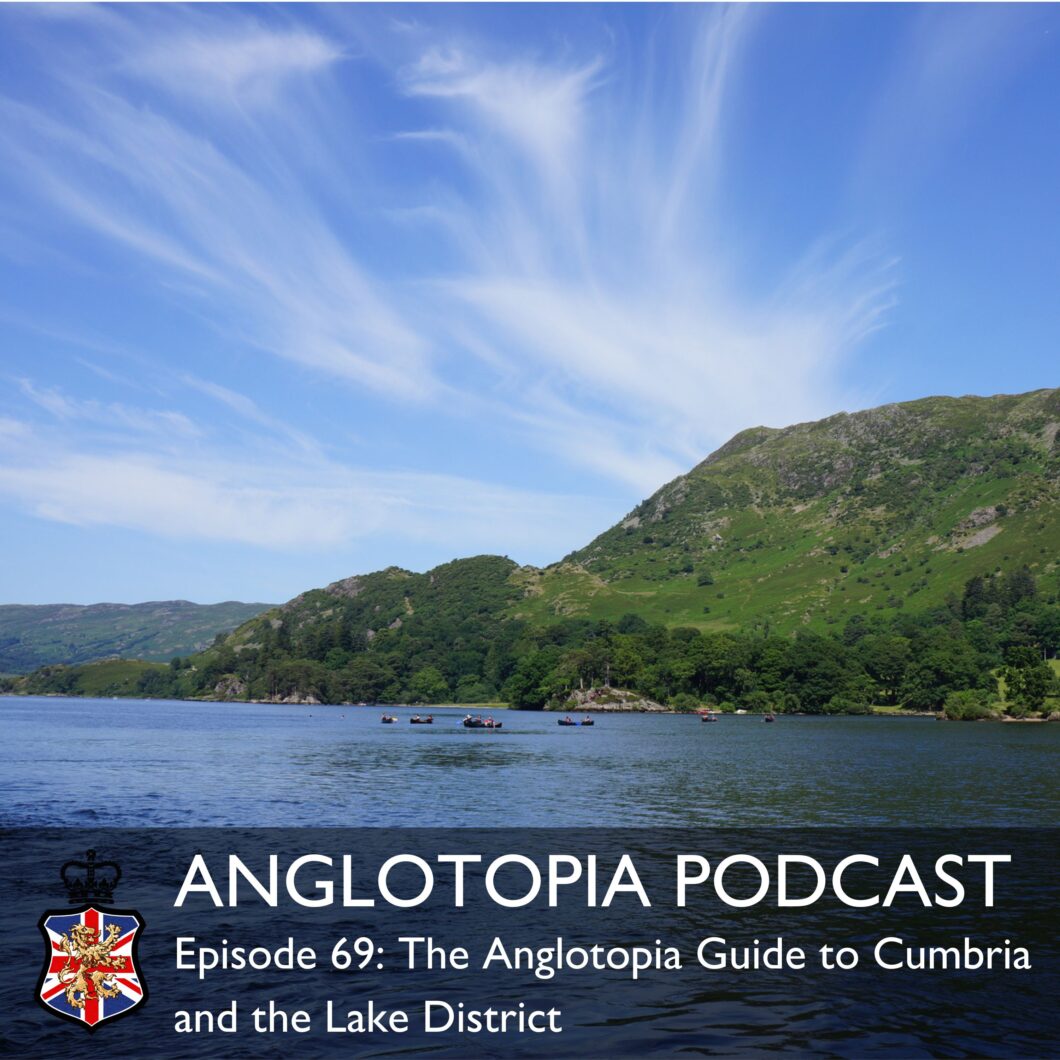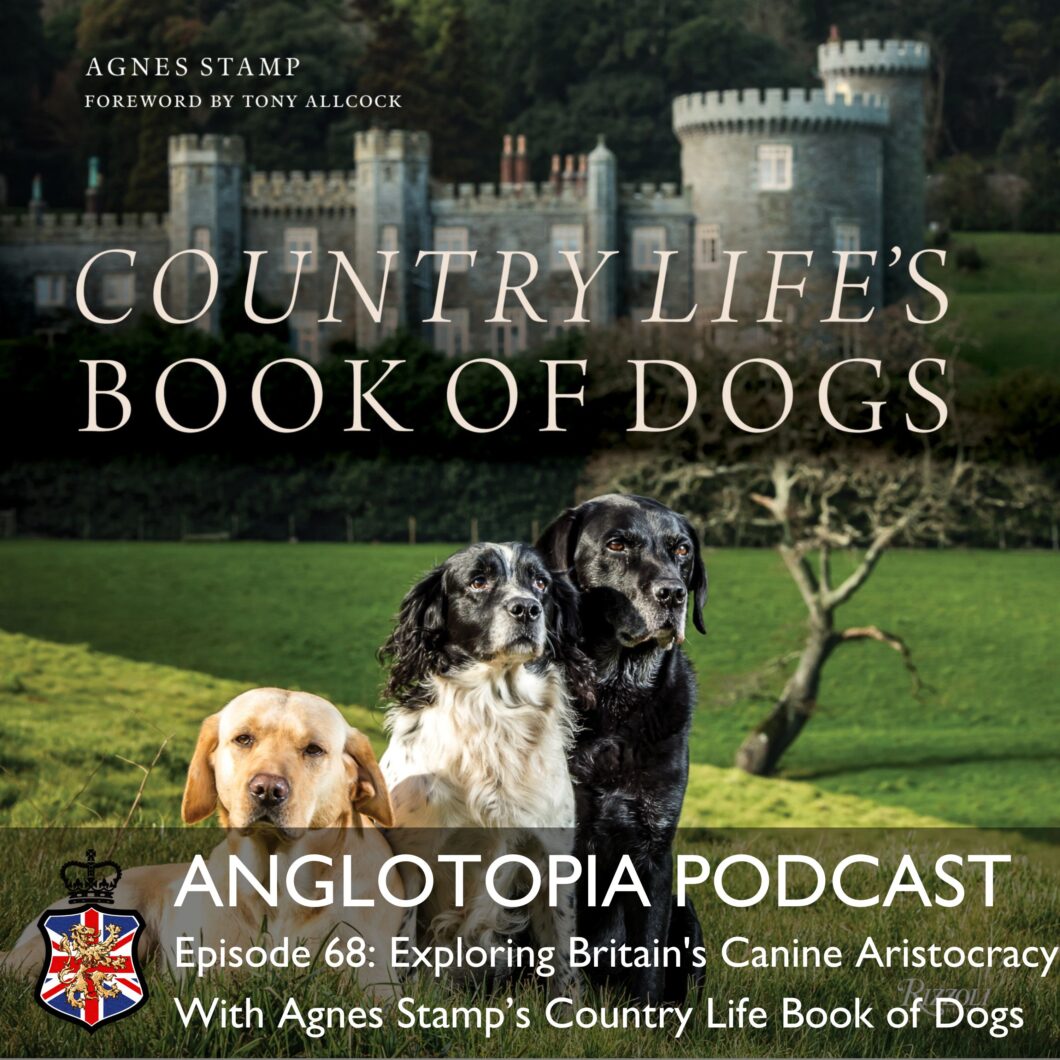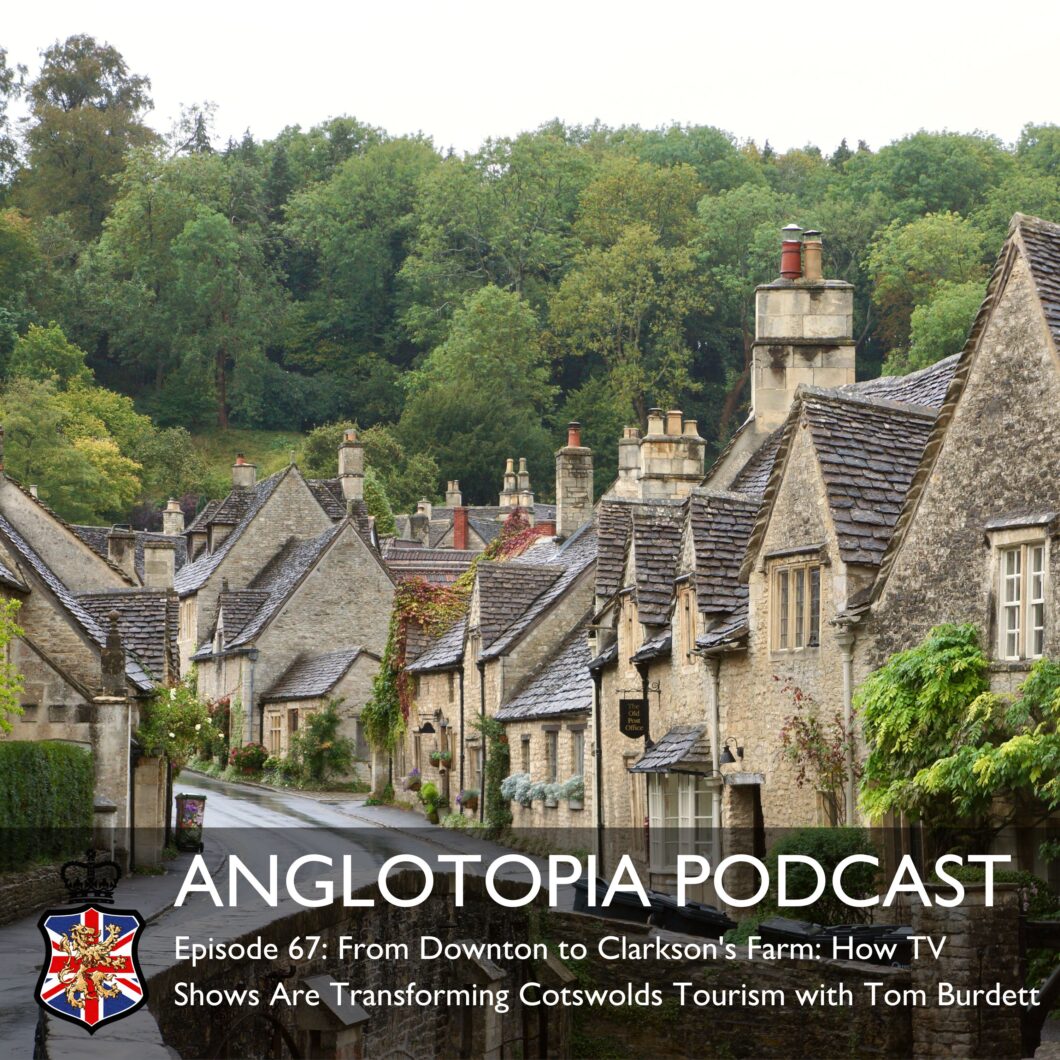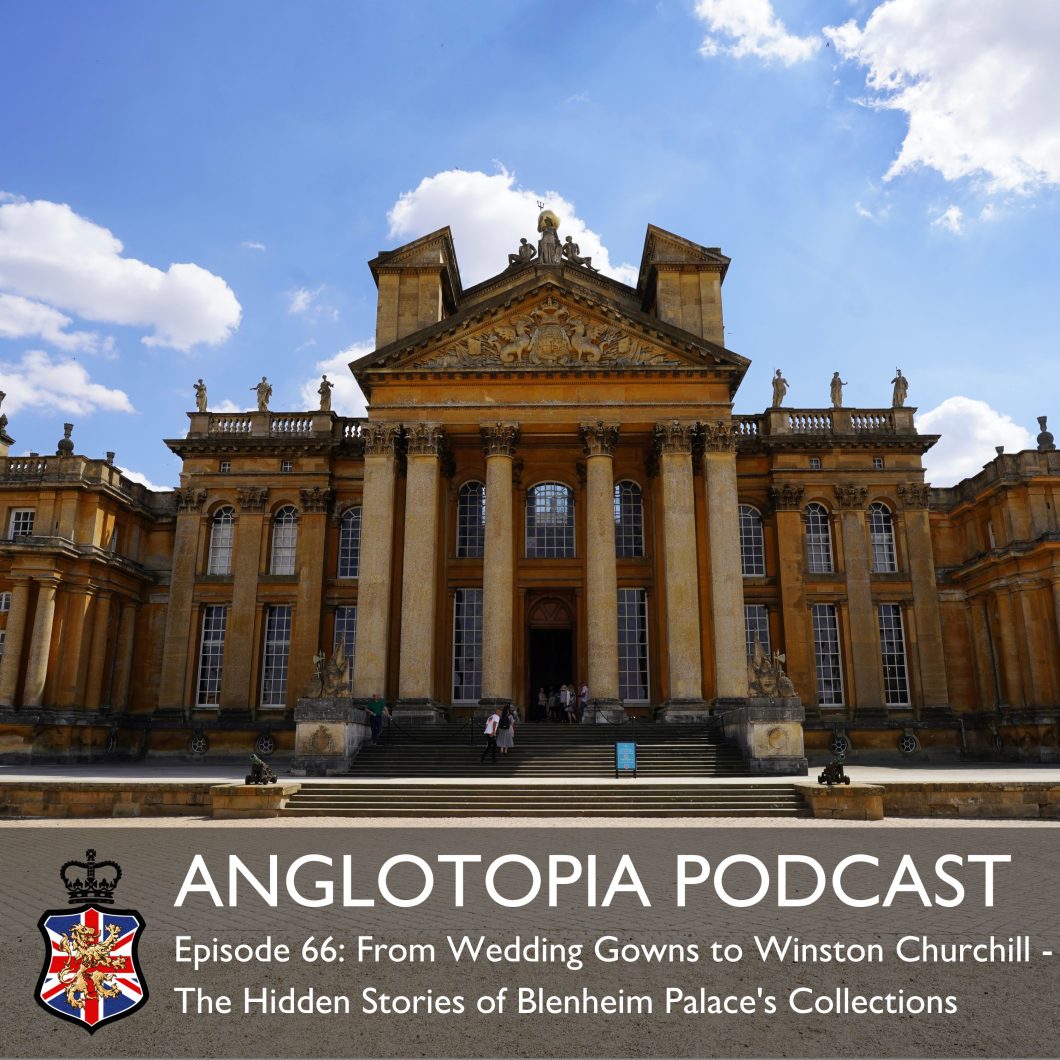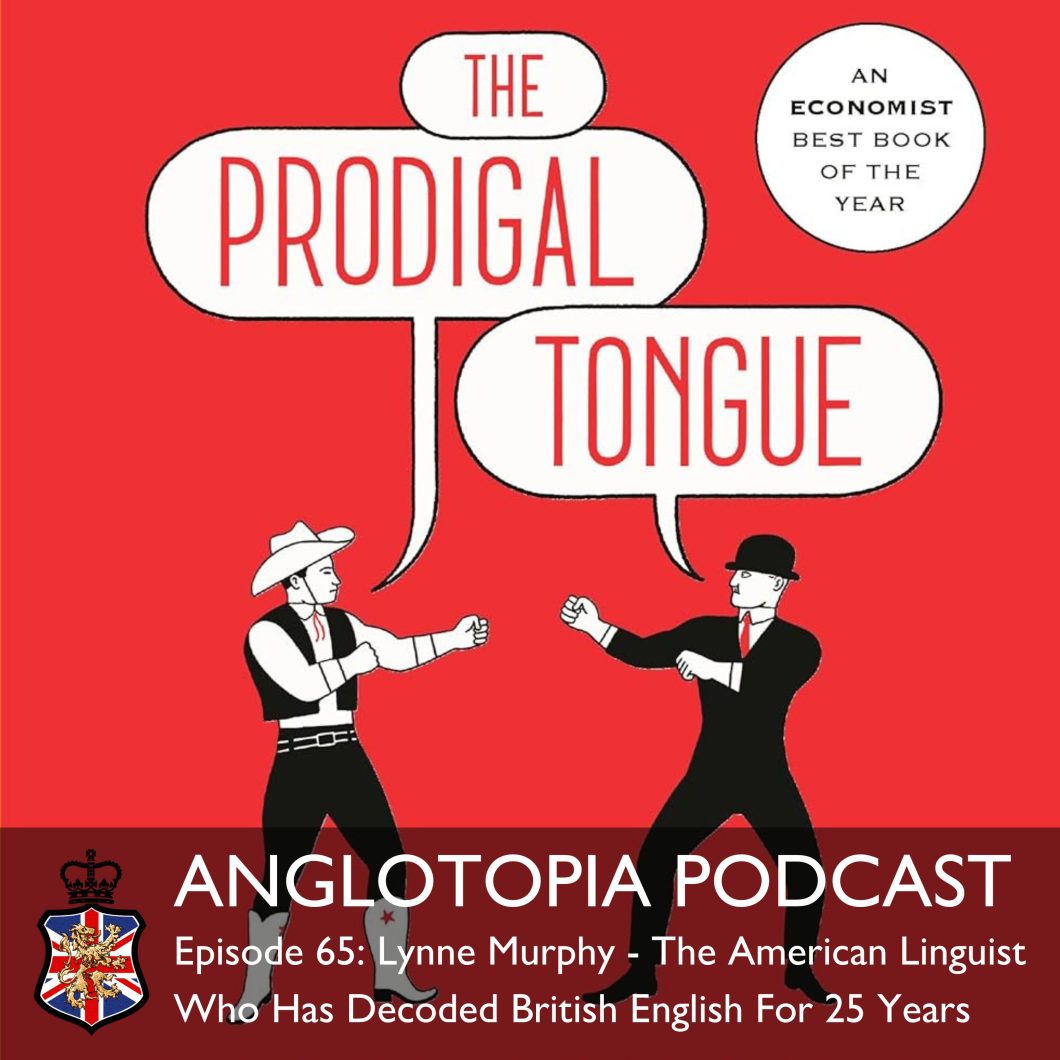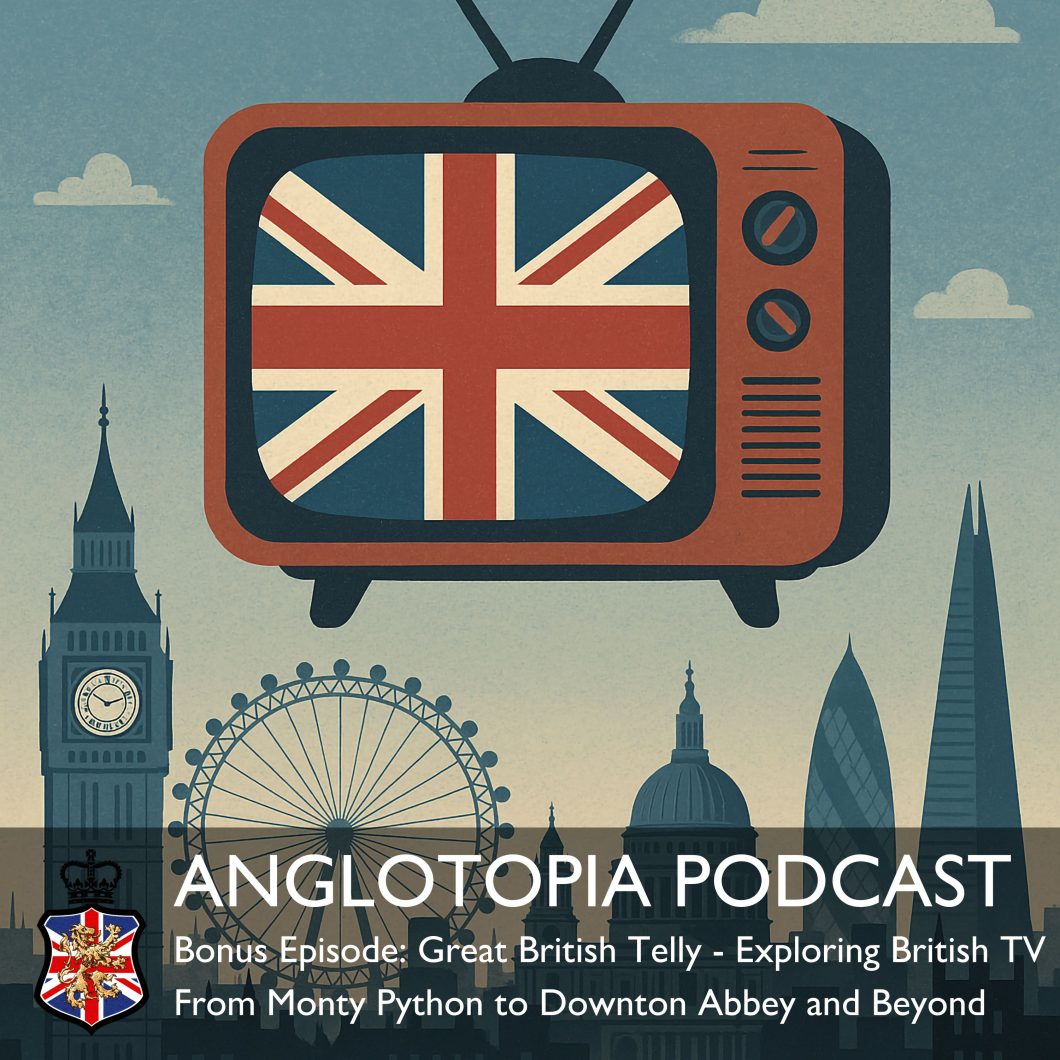
In this engaging episode of the Anglotopia podcast, Lady Violet Manners shares her unique experiences growing up in Belvoir Castle, discussing the rich history of her family and the castle itself. She delves into her transition from aristocrat to tech entrepreneur with the launch of HeritageXplore, a platform aimed at connecting people with independent historic houses. Lady Violet also introduces HeritageXplore Luxe, a bespoke tour experience, and the Artisan in Residence program, which will bring contemporary art to historic settings. The conversation touches on the future of heritage tourism, the impact of popular culture on travel, and Lady Violet’s recommendations for must-visit stately homes in the UK.
Links
- HeritageXplore
- HeritageXplore Luxe
- Belvoir Castle
- Hidden Heritage Podcast
- Lady Violet Manners’ Instagram
- Friends of Anglotopia Club
Takeaways
- Lady Violet shares her unique experience growing up in Belvoir Castle.
- Belvoir Castle has a rich history and has undergone significant restoration.
- The importance of women in the history of Belvoir Castle is highlighted.
- Lady titles in the UK come with responsibilities and a sense of duty.
- Heritage Explorer aims to connect people with independent historic houses.
- The platform offers unique experiences and tours of historic homes.
- Heritage Explorer Lux provides bespoke tours with custodians of historic houses.
- The Artisan in Residence program will create contemporary art inspired by historic houses.
- AI technology may enhance visitor experiences in historic homes.
- Lady Violet recommends several must-visit stately homes for Americans.
Soundbites
- 1. On Growing Up in a Castle “When my parents inherited Belvoir in 1999, it was termed to be a basket case by the trustees because it was just so in debt and in need of so much work and restoration.”
- 2. Teenage Entrepreneurship “I had this little electric car… I decided I’d start charging all the children—I charged them a pound to take their children around for about 20 minutes around the north terrace. The car was so slow, I think a pound probably was quite a punchy price, but nevertheless it was paid.”
- 3. The Ice Cream Shop Mishap “My sister and I ran the ice cream shop for a summer. And it was only halfway into running it that we realized we were charging people incorrectly. We were charging for the cone and the ice cream separately. So our margins were two times what they should have been.”
- 4. Castle History and Etymology “Robert de Tordini… got up there, this is prior to obviously building anything, said Bellevoire, meaning beautiful view. English British people could not pronounce Bellevoire, they weren’t educated to be able to speak French. And so as a bit of a rally cry against Tordini… they chose not to ever adhere to calling Belvoir by its correct French name and instead decided to call it Belvoir.”
- 5. A Strong-Willed Duchess “Elizabeth the fifth Duchess of Rutland… famously arrived at the Charles II castle, Belvoir Castle, and declared to her husband, a very patient husband, this is not romantic enough for me. If I am to live here, this will not do. And so convinced her husband in a very short period of time to allow her to basically tear down the Charles II castle.”
- 6. On Being a Lady in Modern Times “100 years ago, being a lady meant a very different thing. You undoubtedly would have done very little in the form of work… It doesn’t translate to much in the 21st century, but it’s a huge honor… it’s important in my mind that we kind of fundamentally beyond the title earn our keep.”
- 7. The Independent House Experience “There’s nothing more magical than going around an independent house. More often than not, you’ll either see a paper left out from the day before… There’s much more of a sense of, you’re walking into a living and breathing history that’s being written every day.”
- 8. The COVID Inspiration “Coming out of COVID, I really got the sense that more and more people are kind of in the business of making memories and not buying things… The value that we put on making a memory in an incredibly beautiful place is something that finally we’re valuing more so than the car that you potentially want to drive.”
- 9. Artists in Residence Program “It will be the first time really in essentially a century that contemporary art has been born out of these historic houses and inspired by them. Reynolds, Sargent, so many of those artists from bygone eras would often be in residence at these historic houses… We’re pairing together the contemporary world with the old world, and when they collide, they create the most beautiful, most enriching experiences.”
- 10. Heritage Meets AI “I’m really excited, kind of rather controversially, about the marriage of heritage and AI… I love this idea of being able to interact with something in real time that can give you affirmative answers from a trusted large language model about the painting that you’re looking at and the story behind that painting… I don’t doubt that AI and Heritage are gonna merge and marry at some point in the future.”
Chapters
- 00:00 Growing Up in a Castle
- 07:06 The History of Belvoir Castle
- 14:54 Family Legacy and Notable Figures
- 20:31 Understanding Aristocratic Titles
- 25:28 From Aristocrat to Tech Entrepreneur
- 35:35 Growth and Recognition in Heritage Tourism
- 36:22 The Hidden Heritage Podcast
- 39:14 Heritage Explore: Booking and Experience Platform
- 42:21 Experiential Travel and Heritage Explore Lux
- 46:38 Artisan Residence Program and Cultural Membership
- 55:13 The Future of Heritage Tourism and AI Integration
- 59:56 Top Stately Homes for American Visitors
- 01:07:04 anglotopia-podcast-outro.mp4

